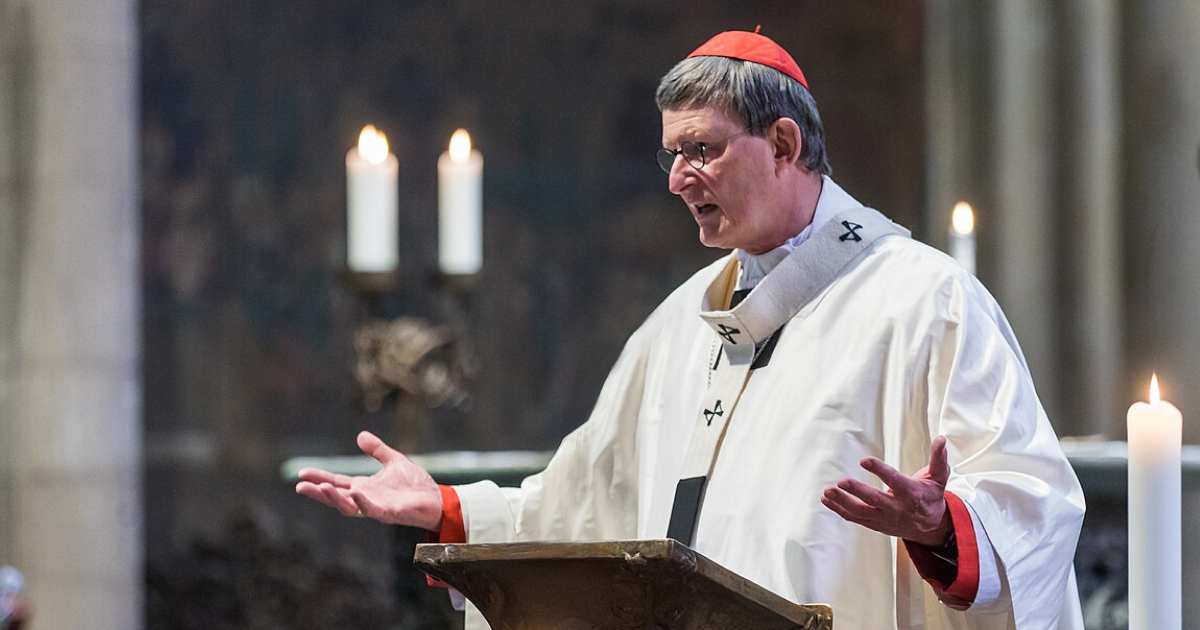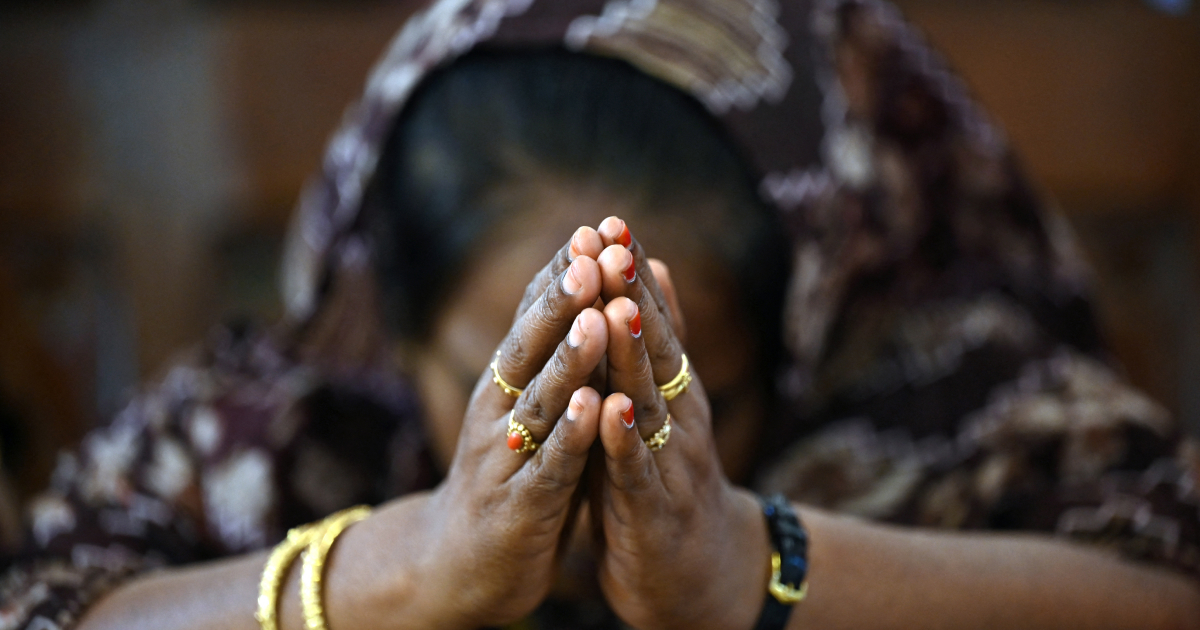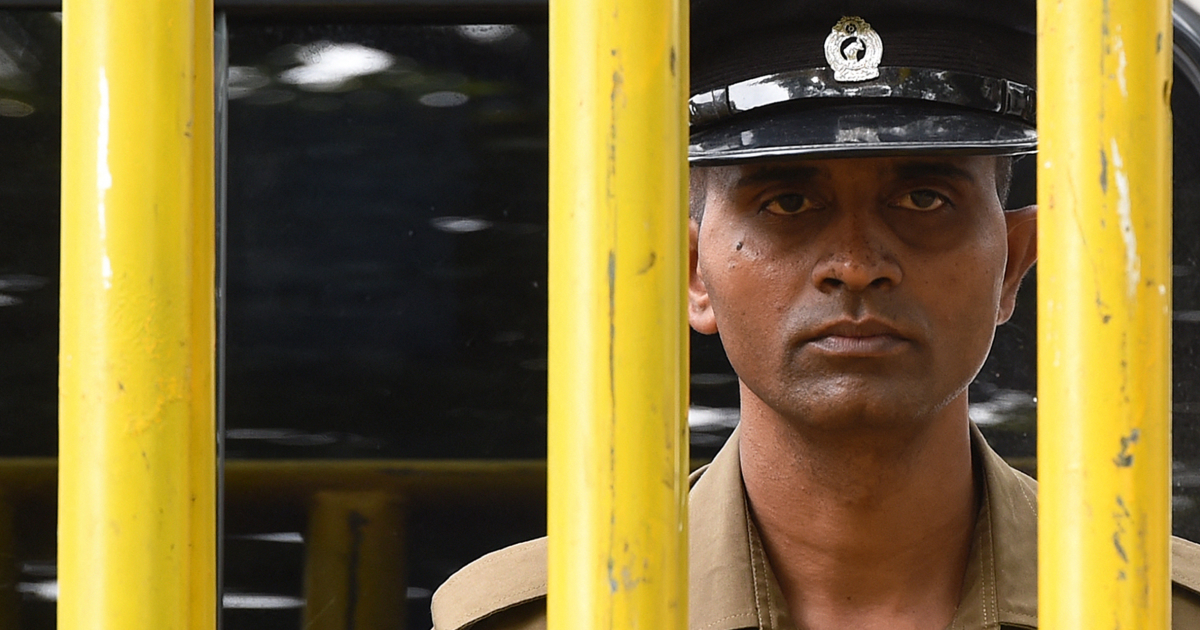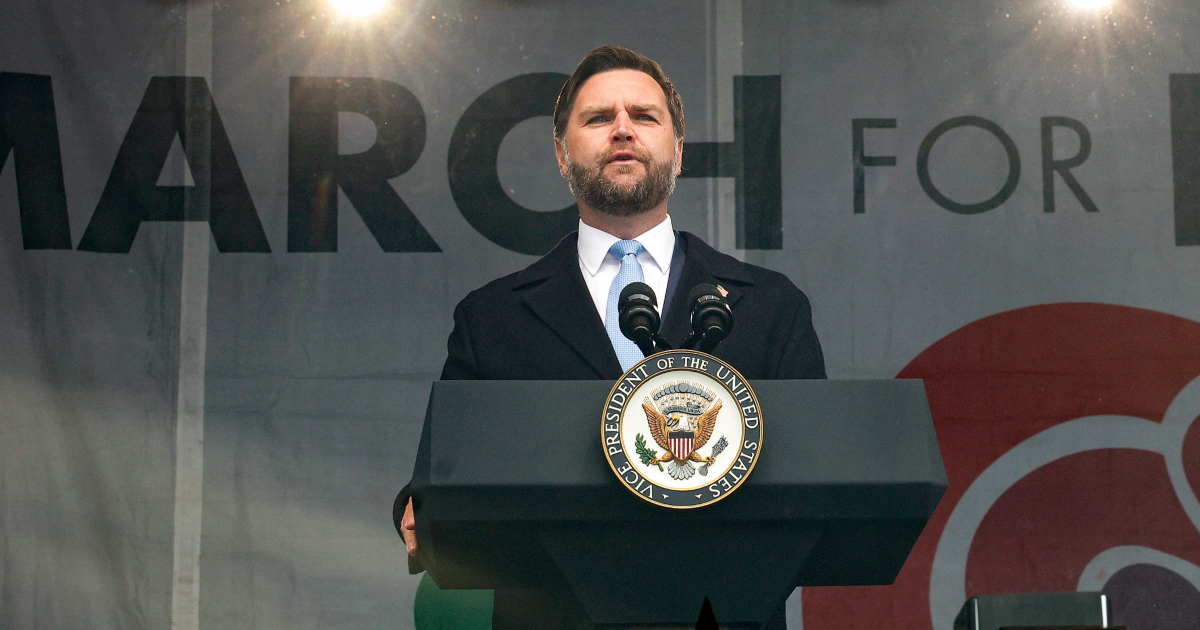The headmaster’s study at Ampleforth College enjoys a sweeping valley view of the 1st XI cricket field, with a pavilion that would not look out of place at a traditional county ground. It was a glorious August morning when I visited, and, although the summer term was long over, a game of cricket was being played. “It’s Yorkshire County Cricket Club playing – junior side,” says the new headmaster Jon Mutton, 42, who was previously deputy head. “They love playing here and we now have a relationship with them, which means more exciting opportunities.”
A Classics teacher, Mutton’s own sport of excellence is chess – as well as being a marathon runner. He was in the English team in his late teens and could have turned pro, but decided that his vocation was teaching. He previously taught at the Royal Grammar School in Newcastle, and holds a master’s degree in Educational Leadership. He still enjoys playing in the school’s virtual chess team – it recently even thrashed Harvard – and is used to run the chess club.
His predecessor Peter Roberts, who helped Ampleforth turn an important corner with dramatically improved Ofsted reports and ratings after a very worrying few years, developed health problems last summer. Mutton, who has taught at Ampleforth for the last 14 years, got a call from the chairman of governors while on holiday. When asked if he would like to apply for the post of headmaster he had no hesitation.
He was given the job after a full assessment and has settled in. The school seems to be calm, with numbers up for the autumn. Whereas the last two headmasters were appointed at the end of distinguished careers, parents can expect Mutton to be in the job for many years to come.
Having been present through some difficult times, his appointment brings stability; he is well regarded by staff and pupils.. As one senior member of staff said to me: “He’s a very good man and much liked and respected by all the pupils, staff and parents. He was the most wonderful housemaster and is constantly being invited to all his old pupils’ weddings.”
While many headmasters may go away in August, Jon Mutton has been at the school showing prospective parents around with a view to their children starting in September. In the old days, such last-minute parental tours would be unusual but ever since Labour added VAT to school fees, almost all independent schools – not the least the few leading Catholic boarding schools – have had to find ways to keep their numbers up.
Several of the prospective pupils he was showing around in August were looking at Ampleforth because the school offers a traditional full boarding experience. That means weekends are not spent loitering around cafés or sitting tied to screens at home or at parties, but rather enjoying the magical Yorkshire valley which offers glorious weekend opportunities for sport, training outdoors, skiing, team building and the value of friendship.
“I’ve firmly nailed our colours to the mast to say we are a full boarding school,” Mutton tells me, “and there’s not many who can say that today. We don’t do flexi-boarding. We do have some day pupils, but we are a boarding school with day pupils and our day pupils understand that that’s our structure.”
He sees Ampleforth as being three different types of boarding school: “We’re a local boarding school because we do have boarders who come from Yorkshire and Northumberland. We are a national boarding school. The majority of our boarders are from all over England, the Borders and Scotland. And we are also an international boarding school, with about 25 to 30 per cent largely drawn from Europe. And it’s always been that way.”
While most Catholic schools have international students, few have as many from old Catholic families in Europe as there are at Ampleforth – especially from Spain, Austria, Germany and France. Some have been coming for generations. “Our international element is a strength,” says Mutton. “But we have some pupils who have left other boarding schools, who are from the UK, because their parents want full boarding, partly because it offers value for money at a time when VAT has raised fees, but also because of that greater sense of community that comes with being properly 24/7.
“Our weekends are just as busy as midweek, with full-on activities and we have Saturday morning school. We have Saturday afternoon fixtures against all the top schools in this area. Sunday Mass is a highlight of our week with all our boarders and lots of our week day pupils – it’s a packed abbey church. Then on the Sunday afternoon there are a full range of activities as well, including house matches.”
Ampleforth has eight boarding houses, including a junior house for those aged 11 to 13. “That’s a coeducational house and is relatively new thing. Traditionally pupils only begin boarding schools at 13 in Year 9. The school is 24/7 and everything we want it to be. It is busy in the right ways.”
A major reason many parents choose to send their children to Ampleforth, of course, is its schools’ distinctive Benedictine ethos – led by the charismatic and hugely popular school chaplain Father Ambrose – and the wider sense of being part of a spiritual community. Although there are no monk house masters anymore, pupils still benefit from the unique spiritual guidance that comes from a Benedictine school whose mantra is “an Ampleforth education is a compass for life”.
This compass is designed to bring out the best future path for every pupil, based on their individual talents, personality and gifts.
This year’s Prize Day speech was given by Julian Fellowes, an old boy, Oscar-winning screenwriter and creator of Downton Abbey. Lord Fellowes said his monk housemaster actively encouraged him to follow his interests, having seen how he had thrown himself into the school’s theatrical life. His parents had wanted him to go into the Foreign Office or another similar career.
The ethos continues today although it’s fair to say “careers” are taken a lot more seriously than when author and former Sotheby’s chairman James Sturton was at the school in the 1960s. “In my day the monks trained us only for death,” he mused. “Careers were not really talked about.”
The school has a range of academic, sport and drama scholarships as well as the new 50 per cent means-tested St Edward’s bursary fund which aims to continue the “living legacy” of the school’s famous housemaster Fr Edward Corbould (1932–2004), whose memorial service packed out the Brompton Oratory earlier this year. There are also JCB Scholarships for business and engineering, supported by Lord Bamford, another old boy, whose two sons were also at the school.
The last long-serving monk headmaster was Fr Gabriel Everitt, who retired in 2013 after ten years. I asked Mutton how he planned to maintain the school’s Catholic identity as a Catholic lay head: “I’m not here wearing a habit. And so it is different, certainly, but we are a monastic school still.” He notes that the abbey church is right next door, and that Fr Ambrose – who sits on the senior leadership team – “is absolutely front and centre at all of our key events, day to day.” He also has a weekly meeting with the abbot, “so I do feel that I am steward of the monastic tradition. Yes, it’s a different model but I feel really positive and confident to be able to talk about my own faith to the pupils. I think there’s something different in that, not hearing it from monks but hearing it from the laity, to talk about the importance of our Benedictine ethos.”
Currently the school has seven monks who are involved in its daily life. Some of them are house chaplains, some volunteer with the orchestra, or with community work to ensure the estate is in good order. The gardening club is led by a monk, for example.
Mutton adds: “We live in a time when the transformative nature of St Benedict’s teachings provide a contemporary response to the needs of our young people. They are encouraged to have the highest expectations of themselves in a world that too often values the superficial and easy path. They learn to give of themselves, to listen and serve others and to reflect.”
What also makes Ampleforth different – even unique – is that all the housemasters and housemistresses are Catholics. “That’s an active choice,” says Mutton. “I think we’re probably the only Catholic school in the country that does that. But that’s a choice, and that’s a choice that I will certainly maintain, because as a housemaster or housemistress you are the one who is leading, by example, in your faith life. There are chaplains in each house from the monastery who support that prayer life but that sense of being authentically Catholic comes through the leadership of what we call the ‘homes’, which is at the heart of life here.”
Following the VAT increases and declining pupil numbers at some other Catholic schools, Catholic schools must try and be founded on a clear Catholic structure: some have had to place several Catholic schools under a joint crowd trust in the name of the future of Catholic education in the UK. Would Ampleforth ever join such a structure?
“We feel we can survive alone,” says Mutton. “We have got a unique vision for education here that is unlike other schools. Catholic or non-Catholic. I don’t see that in our foreseeable future at all. I’m glad, actually, that other Catholic schools are thinking like that, because more of them that survive, the better.”
William Cash is a former Editor of the Catholic Herald.
Find out more at ampleforthcollege.org.uk





.jpg)





.jpg)
.jpg)




